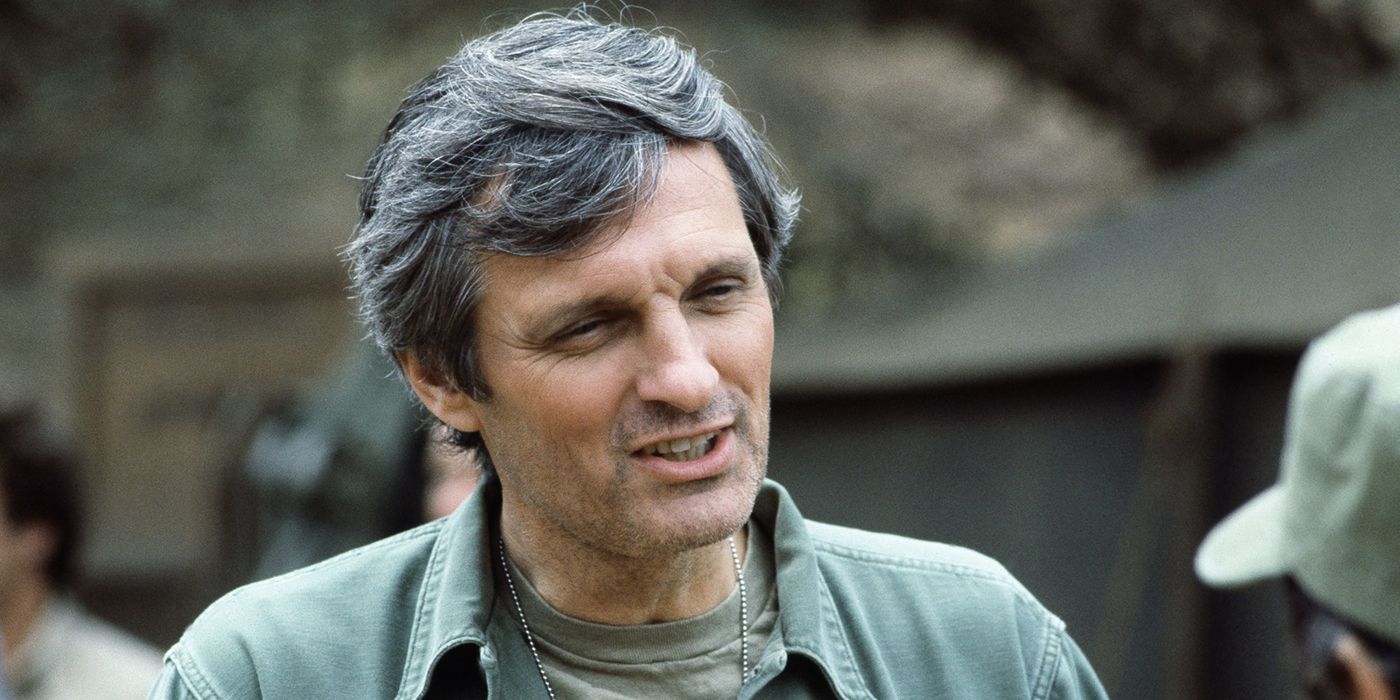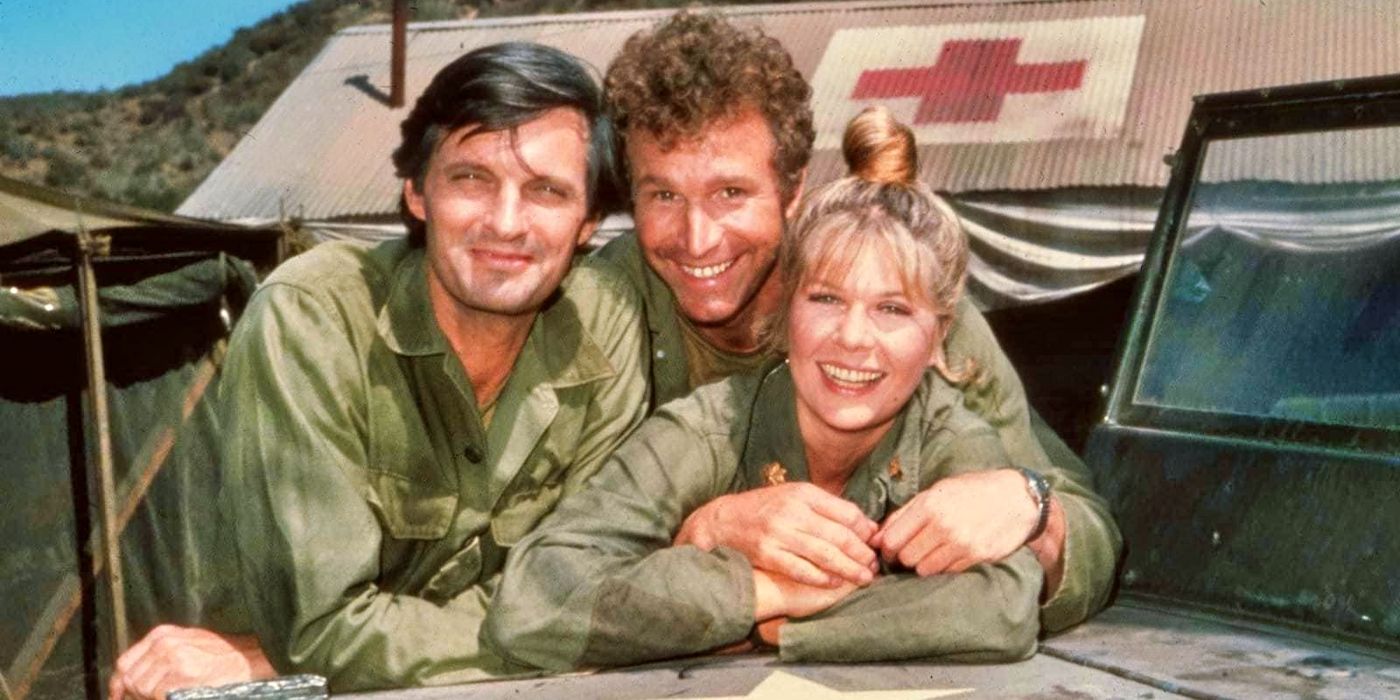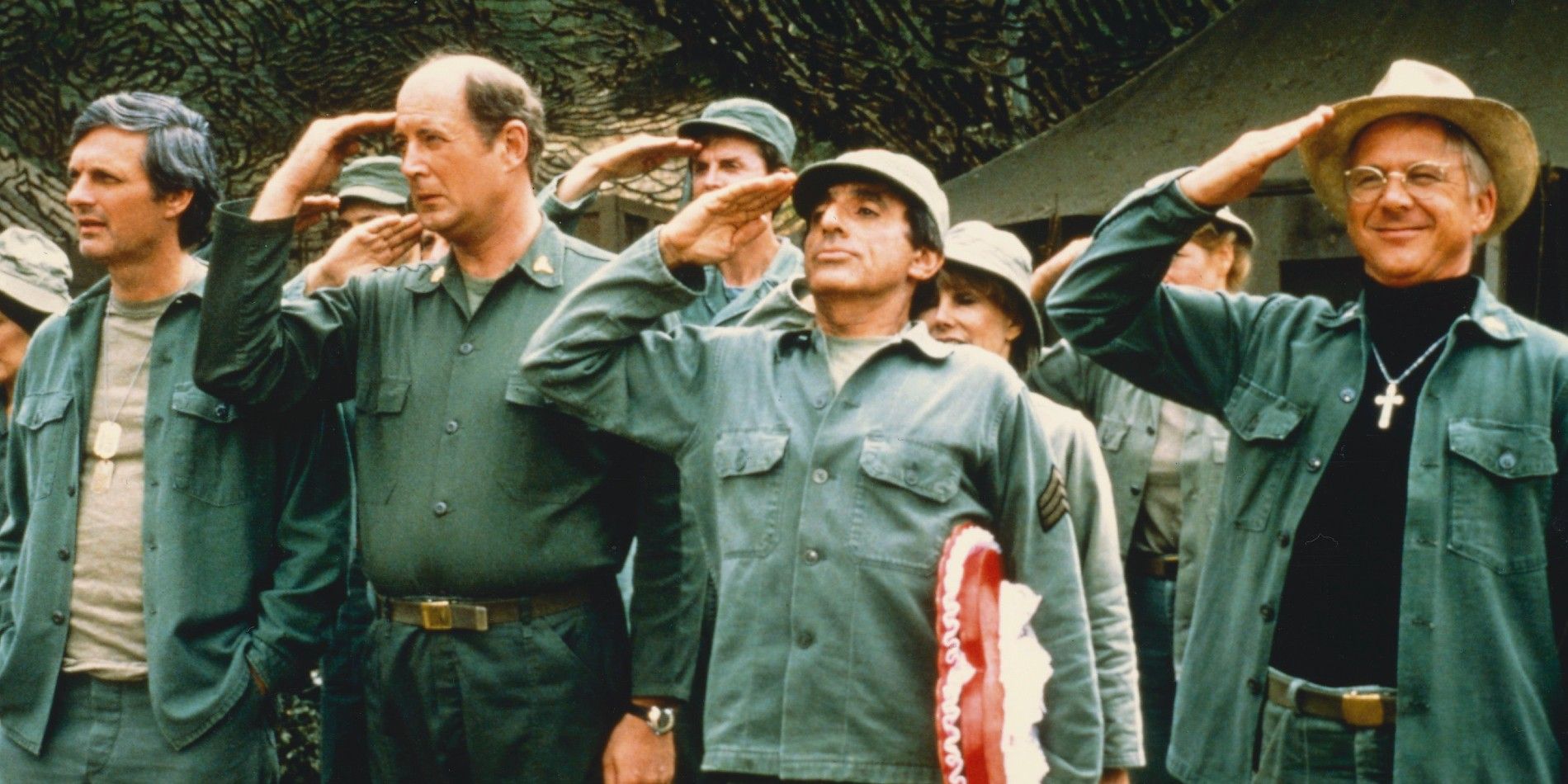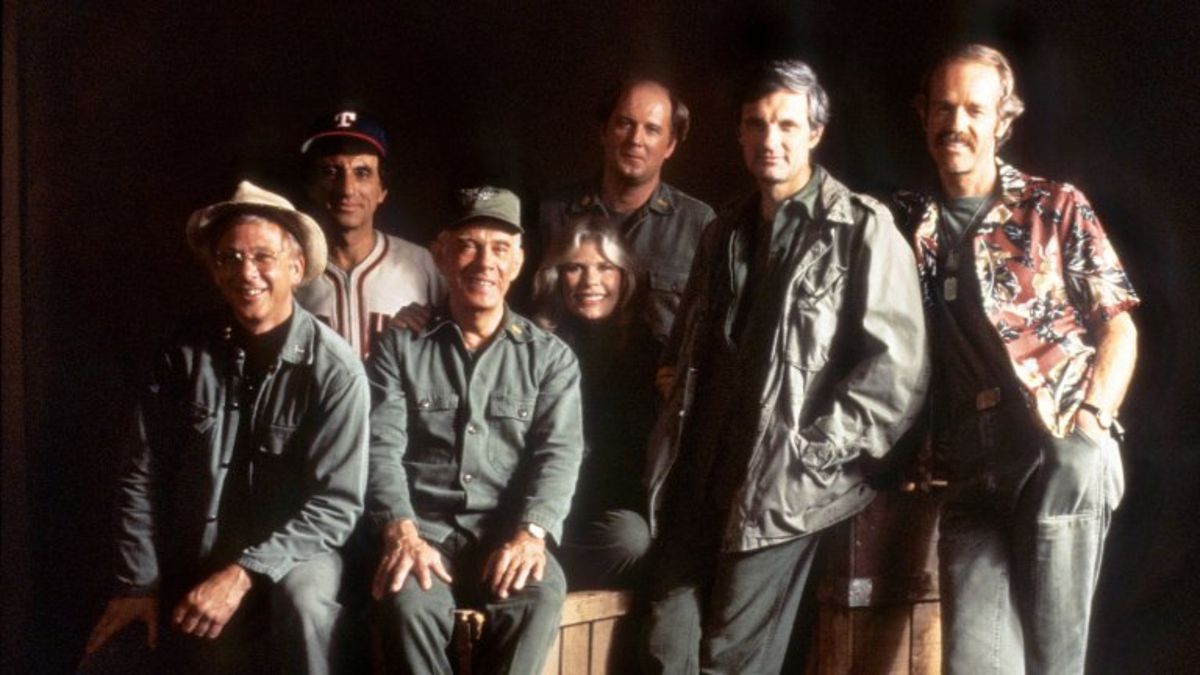
Few TV series can claim the kind of legacy that MASH left behind. Airing from 1972 to 1983, the darkly comedic take on life at a mobile army surgical hospital during the Korean War became one of the most influential and widely respected shows in television history. Its unique blend of biting satire, devastating drama, and rich character development paved the way for countless shows that followed, from Scrubs to The Bear. Even decades later, MASH remains a gold standard for genre-blending storytelling, boasting one of the most iconic ensemble casts in TV history.
However, as strange as it seems, MASH very nearly didn’t make it out of the gate. Despite the brilliance of its writing, characters, and the critical themes it explored, the series was on the brink of being axed after its very first season. It’s a near-miss that feels almost impossible given the cultural impact MASH would eventually have. The road from risky pilot to record-breaking phenomenon wasn’t easy, and if not for a few key factors behind the scenes, it might never have happened at all.
Why MASH Was Almost Canceled After 1 Season
Low Ratings And A Tough Time Slot Almost Doomed The Iconic Show Before It Found Its Audience

When MASH premiered on CBS in 1972, expectations were cautiously optimistic. It was based on the successful 1970 Robert Altman movie (with which it shares a title), but TV audiences didn’t immediately take to the show’s unconventional mix of comedy and wartime pathos.
Created by Larry Gelbart and Gene Reynolds, MASH was slotted on Sunday nights opposite The Wonderful World of Disney and The FBI, two shows with strong family audiences that dominated the ratings. That placement, coupled with MASH‘s offbeat tone, led to the show struggling to find a stable viewership.
Internally, the network still believed in the show’s potential, especially due to the strength of its writing and the cast, which included standout performances from Alan Alda (as Captain Hawkeye Pierce), Wayne Rogers (as Trapper John), and McLean Stevenson (as Colonel Blake). The producers pushed hard for a better time slot that would allow the show to find its footing.
CBS took a gamble and moved MASH to Saturday nights for season 2, where it followed All in the Family, one of the highest-rated shows at the time. That one change made all the difference. With the improved time slot and word-of-mouth growing, MASH saw a significant bump in ratings, enough to keep it going.
From there, MASH hit its stride, both critically and commercially. What started as a potential one-and-done series quickly evolved into a cultural touchstone. Thanks to that shift in scheduling and a network willing to give the series one more shot, MASH was saved from early cancellation, and TV history was changed forever.
MASH Would Go On To Become One Of The Most-Watched Shows In History
The Series Became A Cultural Phenomenon And Shattered Viewership Records

Over its 11-season run, MASH was nominated for a staggering 109 Emmy Awards, ultimately winning 14, including Outstanding Comedy Series and several acting nods for Alan Alda and other cast members. Its reputation only strengthened as the years went on, too.
MASH holds an impressive 89% audience score on Rotten Tomatoes, a testament to how well the show holds up decades later. The series managed to balance serious themes – including war trauma, bureaucracy, and morality – with a steady undercurrent of humor and humanity, which kept audiences emotionally invested in the lives of characters like Hawkeye, Hot Lips Houlihan, and Radar.
However, MASH’s biggest achievement came with its final episode, “Goodbye, Farewell and Amen,” which aired on February 28, 1983. The series finale drew in over 105 million viewers, making it the most-watched television broadcast in U.S. history at the time. That record held firm for nearly 27 years, only surpassed by Super Bowl XLIV in 2010.
To this day, MASH still holds the record for the most-watched scripted television episode ever aired – an astonishing feat that underscores just how monumental the show became. MASH didn’t just survive – it thrived, becoming a defining piece of television history that few shows before or since have been able to match. It’s hard to imagine a world where MASH only lasted 1 season, and even more shocking to think that’s exactly what nearly happened.



